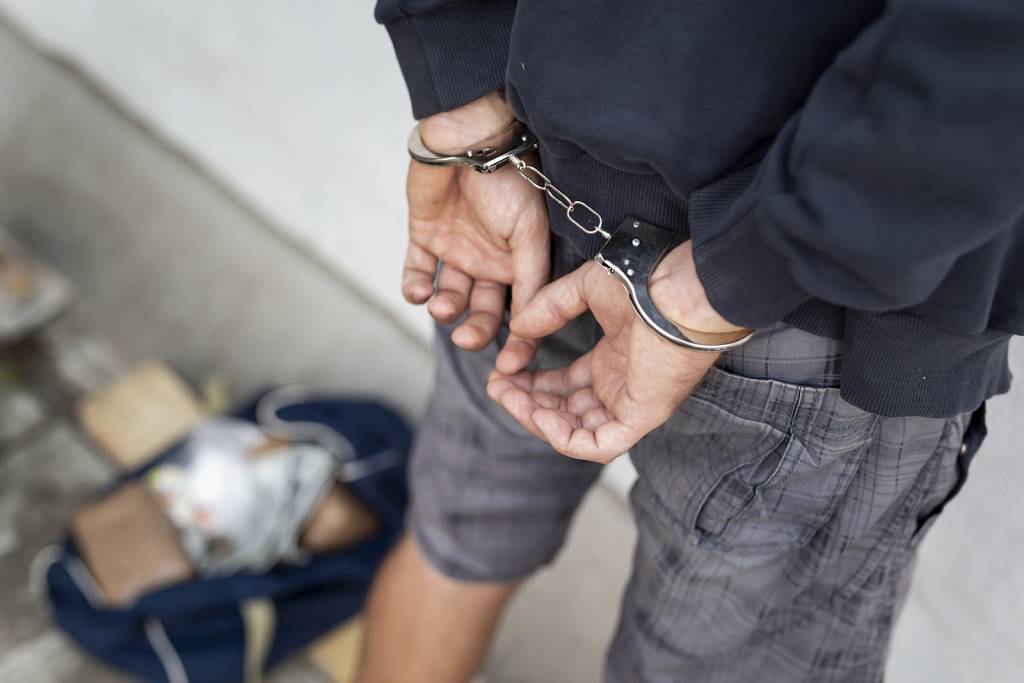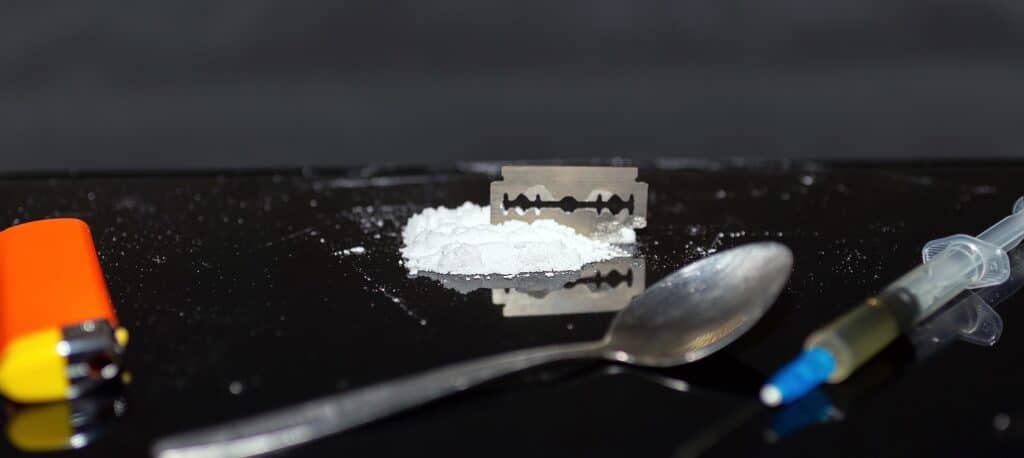What is the Legal Definition of Passing Bad Checks?
The California Penal Code 476 (a) provides legal guidelines for passing bad checks. Under the law, passing bad checks is a criminal theft offense that can attract potentially harsh consequences. You could be criminally prosecuted for intentionally bouncing a check in Los Angeles County, especially with the intention to defraud.
If you’re facing charges for writing a check that the bank won’t honor, it will help to consult a Los Angeles criminal defense attorney. They can create a strong defense strategy against any of the following kinds of bad checks:
- Non-sufficient funds check where your bank account didn’t have sufficient funds to cover the check amount
- Stop-payment checks where you asked the bank not to honor the payment
- Account closure before the check was paid
The law states that:
- Anyone who willfully makes or delivers a check for payment, intending to defraud, while knowing they don’t have sufficient funds for the full payment faces an imprisonment punishment in a county jail for not more than one year.
Bad Checks vs. Check Fraud
Passing bad checks is closely related to a similar crime of check fraud or theft. It’s a criminal offense to make, give, or attempt to pass an altered, fake, or fictitious check to defraud someone out of their property or money.
The primary difference is that the laws on bad checks primarily deal with checks passed while insufficient funds are in the bank. Once a bad check charge is brought against you, contact a Los Angeles forgery defense attorney. They can evaluate the accusation brought against you and provide the legal representation you need to beat the charges.
What Must the Prosecutor Prove in a Bad Check Lawsuit?
The person you passed a bad check to can file a small claims case against you for the amount of the check plus bank fees. However, they must first send a demand letter to you to have the check amount and bank fees paid. If you pay up, the issue will be resolved.
Evidence in a Bad Check Lawsuit
If the case goes to court, the payee must present the following pieces of evidence:
- The bad check you issued them
- A copy of the demand letter they sent to you
- The certified mail receipt
- Proof that a good faith dispute doesn’t exist
The Los Angeles County prosecutor must be able to prove the following elements for a conviction:
- You willfully drew, wrote, delivered, and presented a check
- You were aware that you had insufficient funds to pay for the amount on the check
- You knowingly acted with the intention to defraud the other party
Overall, the prosecutor must show that your conduct was intentional and that you tricked the payee into believing the check was valid, with enough funds to cover the transaction. You don’t have to be successful in your attempt to defraud, as the attempt itself is enough to justify the criminal charge. Ensure you have a skilled Los Angeles forgery defense lawyer to defend you.
What Are the Legal Penalties for Passing Bad Checks
California laws charge some criminal charges as a misdemeanor or felony, and passing a bad check is one such offense. The crime is a misdemeanor if the amount on the check is $950 or less. However, you may be charged with a felony if you have a prior conviction of passing a bad check even if the amount is less than $950 in the current charge.
The crime may be filed as a felony if the check amount is more than $950 or if you have a prior conviction of certain forgery crimes. The punishments are as follows:
- Misdemeanor charge: County jail imprisonment for a period of up to one year and a fine of $1,000
- Felony charge: Imprisonment in a state jail for up to three years and a $1,000 fine
Under the California Civil Code Section 1719, you may also be required to pay the following to the payee:
- The amount indicated on the check
- A statutory service charge of not more than $25 for the first bad check and not more than $35 for every check that follows the first
Even if, after receiving a demand letter, you didn’t pay up the demanded amount, a conviction will see you punished by requiring you to pay:
- The check amount
- A statutory penalty of 3 times the amount on the check. This should not be less than $100 or more than $1,500
These penalties are stiff, and imprisonment can significantly impact your freedom, future, and reputation. You want an aggressive criminal defense lawyer in Los Angeles to help you fight the charges.
Legal Defenses for Passing Bad Checks
Upon evaluation of the bad check charge against you, an experienced theft crime attorney in Los Angeles can create a strong defense strategy to have the charges reduced or dropped.
Some possible defenses in a bad check charge in California are:
- No intention to defraud: The law is designated to punish people who intentionally attempt to defraud others. You can argue that the bad check was a mistake, not an intentional act.
- Mistaken identity: Your lawyer can use identity theft to defend you. They could show someone else attempted to pass a bad check by signing your name.
- The belief there were sufficient funds: You could argue that you thought you had enough funds in the account when you issued the check.
Learn Your Legal Options from an Experienced Criminal Defense Attorney
If you’re facing charges for issuing a check with insufficient funds to obtain goods, you could also be charged with grand theft under California Penal Code 487. The penalties for a conviction are hefty. If you retain a criminal defense lawyer in San Antonio, you may be able to fight the charge.
Our check forgery defense lawyer in San Antonio has more than a decade of legal experience representing clients charged with check crimes and related theft offenses. If you’re facing similar charges, don’t go to battle alone, as the system can be complex and intimidating to navigate on your own. Schedule a FREE consultation to help secure your future.








